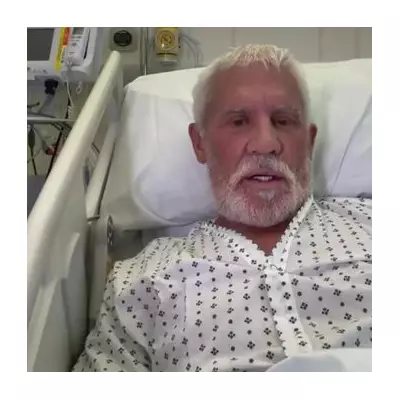
An NHS doctor has issued a critical health alert, urging the public to treat persistent heartburn with extreme seriousness. What many dismiss as a mere annoyance after a spicy meal could be a primary warning sign of one of the deadliest cancers in the UK.
Dr. Abbas Kanani, a superintendent pharmacist at Chemist Click, emphasises that recurring heartburn and acid reflux are major red flags for oesophageal cancer. This particular cancer has a tragically low survival rate, largely because symptoms are often ignored until the disease is devastatingly advanced.
The Silent Symptoms You Must Not Ignore
The doctor outlined a list of key symptoms that should prompt an immediate visit to a GP:
- Frequent heartburn or acid reflux for three weeks or more
- Difficulty swallowing (dysphagia)
- Feeling that food is stuck in your throat or chest
- Persistent indigestion
- Unexplained weight loss
- Bringing up food soon after eating
- A painful or burning sensation in your chest
- A chronic cough or voice hoarseness
Dr. Kanani stresses that while many experience occasional reflux, its persistent nature is what separates simple indigestion from a potential medical emergency. "Your body is signalling that something is wrong," he explains.
Why Early Detection is a Matter of Life and Death
The stark reality is that oesophageal cancer is the fourteenth most common cancer in adults in the UK, but its five-year survival rate sits at a worrying 15%. This low figure is directly linked to late diagnosis. The earlier the cancer is caught, the more treatment options are available and the higher the chance of survival.
Factors that can increase your risk include smoking, heavy alcohol consumption, being overweight, and poor diet. The message from medical professionals is clear: do not become a statistic by dismissing what your body is trying to tell you.
If you or someone you know has been experiencing any of these symptoms consistently, booking a GP appointment is not just a recommendation—it could be a life-saving decision.





